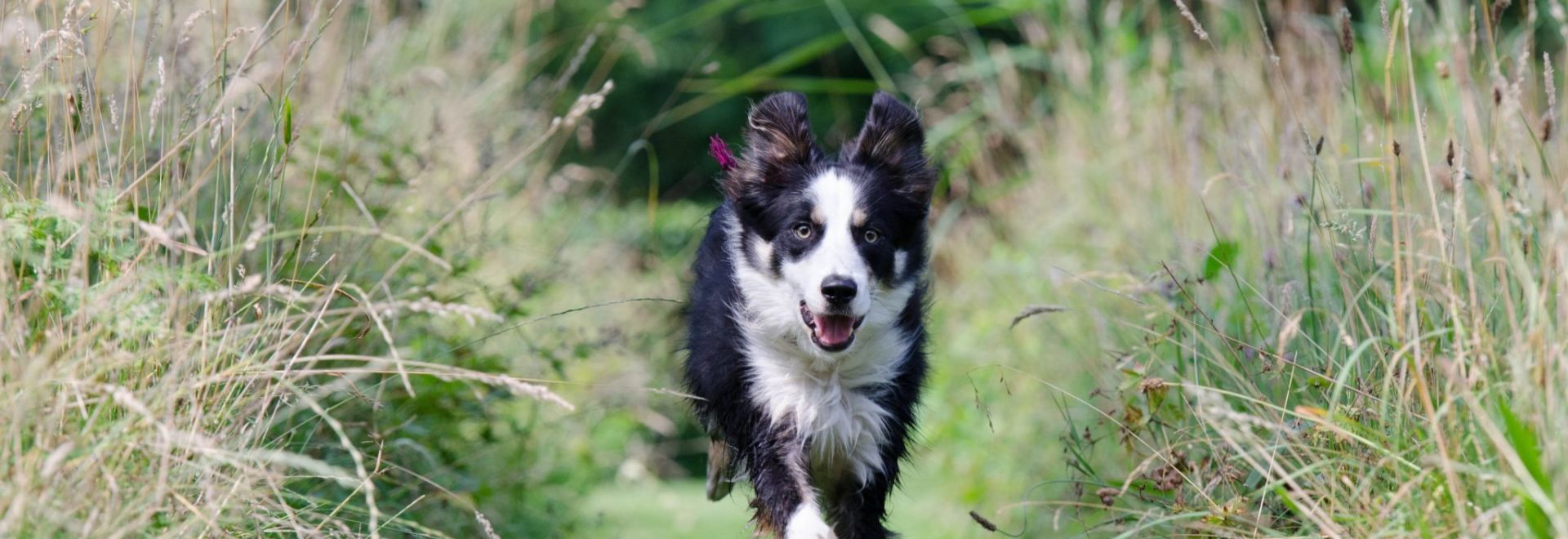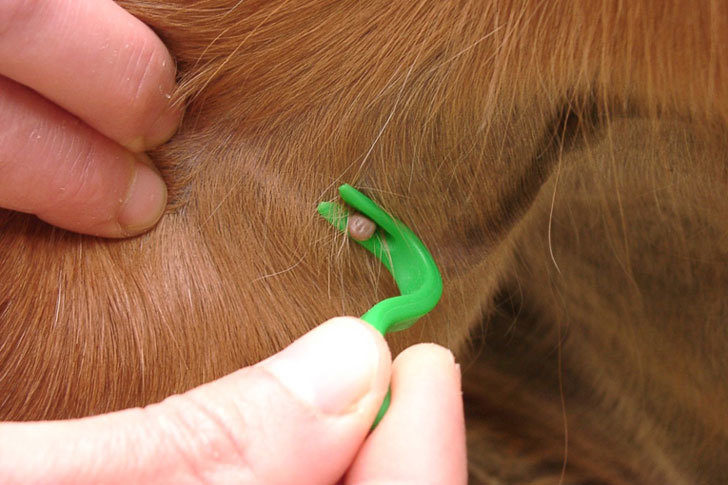
It’s Tick Season! (shudder)
Having to remove a tick from one of our pooches today has prompted me to type up some info regarding the nasty critters and what to do if you find one. Be prepared to get all itchy reading this…!
Ticks are nasty little creepy crawlies. They are mainly found in grassy, woodland and heath areas and can latch onto your dog, cat (or you!) simply from brushing past them.
Dependent on the kind of wildlife in your area, ticks can be found almost anywhere, especially where there are deer or sheep, which there are plenty of in the Yorkshire Dales.
Ticks are usually most active between March and October, but are still a risk all year round.
Feeding off the blood of animals, a small proportion of ticks can carry bacteria, which if not removed correctly, can be transmitted to the host. Ticks usually feed for between 5-7 days and the longer they are attached, the greater the risk of infection.
It’s likely at some point in your pet’s life, you will come across a tick. In order to lessen the risk to them, it’s important to remove them correctly.
What do I do if I find a tick on my pet?
Firstly, do not touch or squeeze the tick’s body. The safest removal method is by using a tick twisting device. These small devices can be found in most pets shops and online, and when used correctly, cause the entire tick to detach itself safely and painlessly. Instructions of how to use the specific device are usually found on the packet.

Older methods of removing ticks, such as suffocating them by covering them in Vaseline, or burning them off with a lighter or cigarette, (the second of which is obviously highly dangerous to the pet) will only distress the tick and in many cases cause it to regurgitate it’s disease laden contents into the bloodstream of the host. The most common disease transferred from tick bites, is Lyme Disease, a serious bacterial infection transmitted to animals and humans through ticks. This disease is very debilitating and if not caught and treated early with antibiotics, can be difficult to cure.
How to protect against ticks
Spot on treatments and collars are available which will not only prevent ticks but also kill them if they try to attach. Speak to your local vet for professional advice if it’s something you would like to consider. For humans, using insect repellent and keeping your own skin covered in long grass and areas where ticks may be hiding out, can help to prevent them attaching to you.
Keep your eyes peeled
We're lucky to live in such a beautiful part of the country and should still enjoy the great outdoors!
Just be sure to check over your dog and clothes after every walk, especially whilst tick season is in force, following the advice above if you find one.